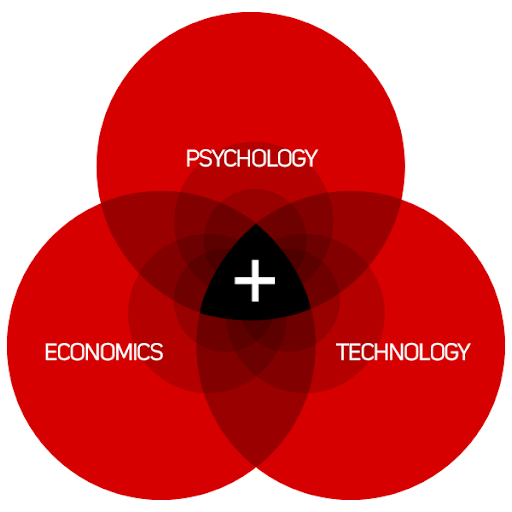Advertising has been around for millions of years old and nowadays people use advertising as a heuristic for knowing whom to trust. I think that innovation tends to happen around the edges as if you design for the middle market you’ll end up in an overcrowded field. We don’t get an endorphin rush from mid-market retail. The people who successfully innovate are the people who actually understand that there is a margin and there is an extravagant treat.
By modelling social science on physics, we think that being scientific means that there is a right answer and a wrong answer. In marketing, the rules of the game aren’t constant, and you can re-write them, for example, by changing the context you can change what good means. The first assumption of science is that magic is impossible, which is absolutely true in physics but not true in psychology. Magic is possible in psychology, for example, you can make something worth 10 times as much simply by tweaking with the brain and not the thing itself.
The way to solve a problem may be trivial and silly, and our attempts in business to make ourselves look serious and important by always talking about higher order may also make us look stupid. Sometimes all you have to do is implement a very small “butterfly effect change” and actually you can. Big inputs can have small effects and small inputs can have big effects, that’s why human behaviour, I mean complex behaviour is not like high-school science.













